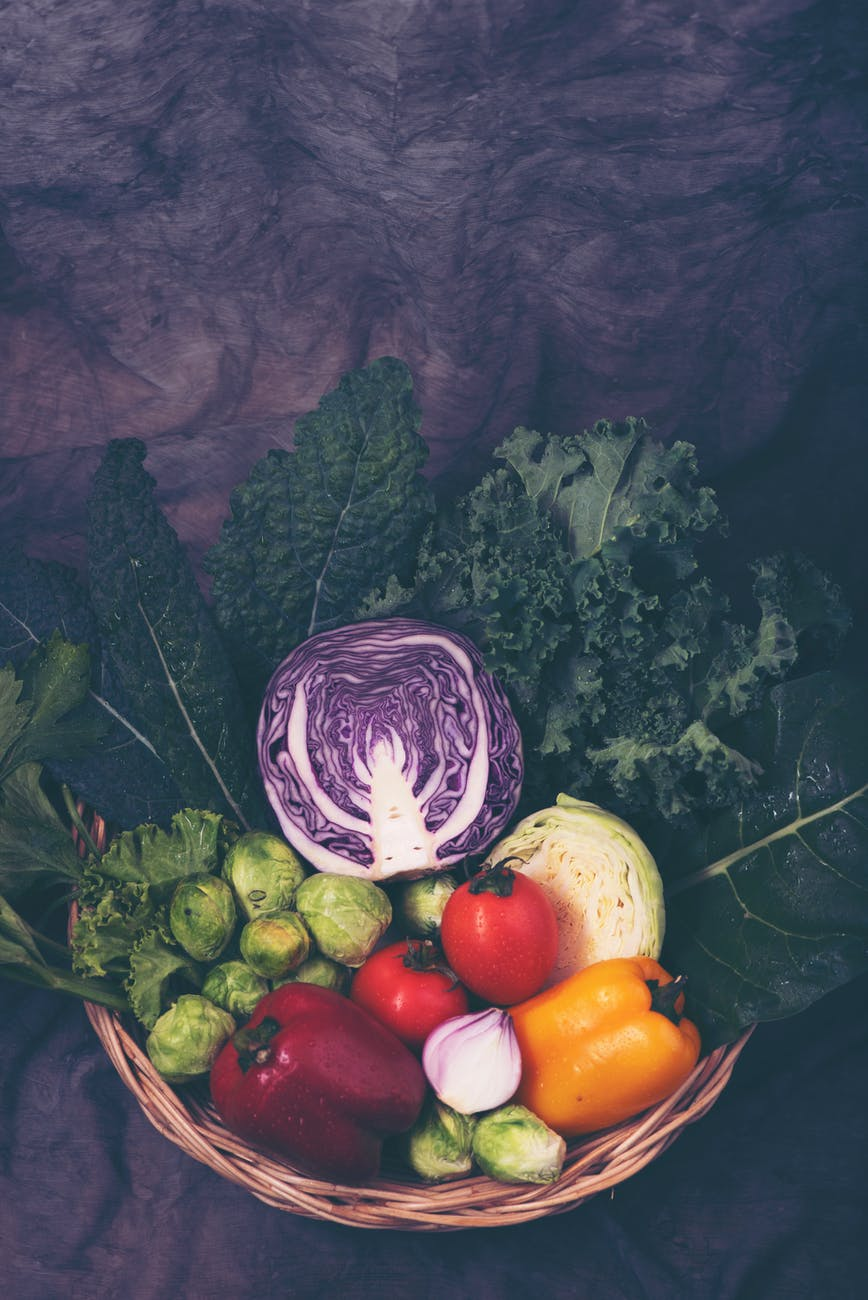Prenatal Vitamins for Vegetarians and Vegans

Is maintaining a healthy pregnancy while eating a plant-based diet possible? Are there any prenatal supplements available for vegetarians? Dr. Gleaton answers all these questions and more.
Navigating a healthy pregnancy is always challenging, but added dietary restrictions can make it even more difficult to ensure a diet that encourages appropriate development. While it may seem easy to find plant-based prenatal vitamins, there are a lot of hidden animal products in supplements that you’ll need to stay away from.
Can vegans take prenatal vitamins?
A prenatal supplement can benefit any diet. So yes, vegans absolutely can and should take prenatal vitamins. Although you can get many of the important nutrients needed to keep your body healthy through a plant-based diet, pregnancy and breastfeeding put extra demand on your body for these nutrients in order to ensure healthy development for your baby (find out more about why prenatal vitamins matter). Not only is it important for the health of you and your baby, but there are vegan options on the market that cater to moms on a plant-based diet (like Natalist Prenatal Daily Packets).
What ingredients in a prenatal are not vegan or vegetarian?
It's important to look at not just the ingredients of a prenatal supplement, but also how these ingredients are delivered. For instance, soft gel and capsule casings which hold the supplement powder can be made with various products, some from animal by-products and some not. Some common ingredients to look out for include:
- Gelatin is a leading product in many supplements. It’s a protein that is used as filler and coating in many products, including supplements, and is often sourced from animals. Some popular substitutes include agar, algin, kelp, and pectin (which is the ingredient found in our prenatal gummy vitamins).
- Lanolin is a product made from sheep’s wool and is commonly found in skin products and vitamin D supplements.(Our vitamin D3 gummies are made with plant-based ingredients, making them vegetarian friendly).
- Magnesium stearate, a compound found in beef, chicken, and other animal products is frequently used as a filler in supplements. Fortunately, there are plant-based sources of magnesium stearate available, so just check and ensure the manufacturer differentiates between animal and plant-sourced magnesium stearate.
- Carmine, frequently listed as Red-4, is a dye found in many foods and supplements that’s derived from crushed up insects.
- Bee-derived products are frequently used in vitamins and supplements because of their binding properties and claimed health benefits. As many know, these products aren’t considered vegan, so it’s important to be on the lookout for bee pollen, propolis, and honey when reading through the ingredients.
Will I get as much out of a vegan prenatal?
Evidence shows that well-planned vegetarian and vegan diets may be considered safe during pregnancy and lactation, but they require a strong awareness for a balanced intake of key nutrients. When searching for a vegan prenatal multivitamin, be sure to look for key nutrients and vitamins, including vitamin A, folate, and vitamin B6.
In fact, it’s recommended that all pregnant women adhere to a standard, researched Recommended Dietary Allowance (RDA) of key vitamins and minerals, similar to the chart below.

*For women >18 years old
Tips for a healthy vegan pregnancy
There are certain nutrients and vitamins recommended for every pregnant woman to encourage a healthy pregnancy. If you follow a vegan diet, it’s especially important that your prenatal vitamin routine includes the following:
- Vitamin B12: Not found in plant sources, vitamin B12 must be obtained through animal consumption or via supplements, commonly made from fortified yeast or spirulina.
- Calcium: Vegetarians and vegans should consume 1200 to 1500 mg/day of calcium, which is ~20% more calcium than that recommended for omnivores
- Zinc: Vegetarians should be encouraged to consume more dietary zinc than the Population Reference Intake (PRI) suggested for omnivores, especially when the dietary phytate/zinc ratio is high.
- DHA: DHA is an essential nutrient for the development of the brain and eyes. It can be tricky to find adequate DHA in a vegan diet, so finding a vegan prenatal DHA supplement made from microalgae is recommended.
Take-aways
When looking for vegan supplements, be sure to check not only the active ingredients, but for any added animal products like glycerin, carmine, or bee-derived substances. To ensure you’re receiving adequate nutrients while on a vegetarian or vegan diet, check out recommended RDAs for pregnant and lactating women and find a vegan prenatal vitamin that meets the requirements.
Reach Out, We're Here
Have questions about your order or products? For the speediest answer, check out our FAQ section. Need something else? Come find us below.
Please keep in mind our regular business hours; Monday-Friday, 9am-5pm CT.
Customer Support
support@natalist.com
Press Inquiries
media@everlyhealth.com
Business & Partnerships
team@natalist.com
Affiliates + Influencers
team@natalist.com
Job Openings
Careers Page
























